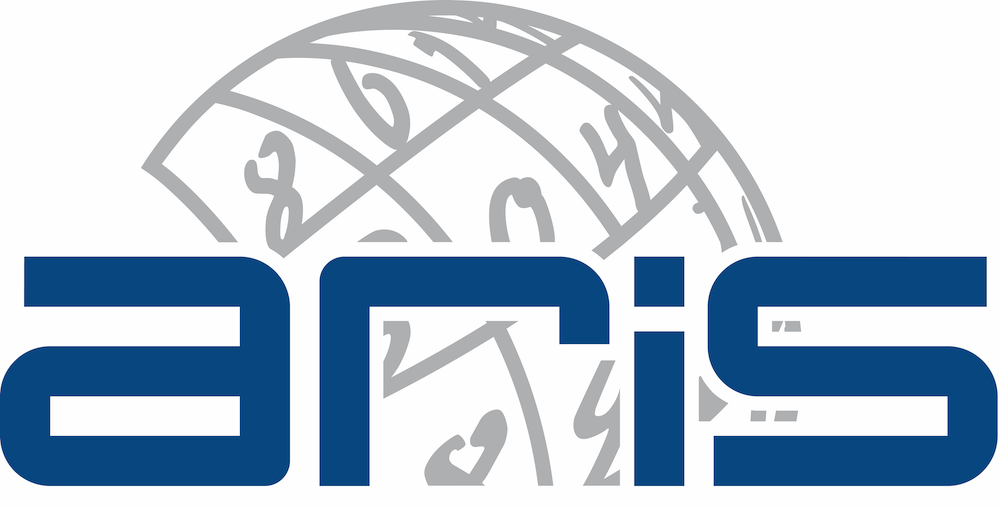Journal of Information Technology in Construction
ITcon Vol. 29, pg. 1275-1292, http://www.itcon.org/2024/57
Enhancing building sustainability: A comprehensive review and methodological roadmap for retrofit strategies
| DOI: | 10.36680/j.itcon.2024.057 | |
| submitted: | April 2024 | |
| revised: | September 2024 | |
| published: | December 2024 | |
| editor(s): | Getuli V, Rahimian F, Dawood N, Capone P, Bruttini A | |
| authors: | Elena Imani,
School of Computing, Engineering and Digital Technologies, Teesside University E.imani@tees.ac.uk Huda Dawood, School of Computing, Engineering and Digital Technologies, Teesside University H.Dawood@tees.ac.uk Nashwan Dawood, School of Computing, Engineering and Digital Technologies, Teesside University N.N.Dawood@tees.ac.uk Annalisa Occhipinti, School of Computing, Engineering and Digital Technologies, Teesside University A.Occhipinti@tees.ac.uk | |
| summary: | A large body of research has been developed with the aim of assisting policymakers in setting ambitious and achievable environmental targets for the retrofit of current and future building types for energy-efficiency and in creating effective retrofit strategies to meet these targets. The aim of this research is to conduct a comprehensive study to identify the relationship between building typology and sustainability, with a particular emphasis on retrofitting and try to identify research gaps in the most effective energy-saving strategies for retrofitting various types of buildings. In this regard, this study conducts a systematic literature review (SLR) utilizes artificial intelligence (AI) and natural language processing (NLP). Sixty relevant papers are selected and reviewed, establishing a comprehensive searching scheme. The research highlights retrofitting strategies for improving energy efficiency in buildings and discusses the limitations of current practices in terms of physical and technical developments, such as building retrofit assessment according to the typology of the building and environmental factors. To address these limitations, this study proposes a methodology for future research with a focus on in-depth building classification, developing tailored retrofitting alternatives, and establishing an adaptive solution framework. This framework aligns cohesively with diverse typologies, adapts to changing environments, and enhances long-term energy-efficient performance. It proposes detailed building categorization to understand the interconnections between a building's physical characteristics, technology, and energy needs. Additionally, it suggests tailoring retrofit solutions for diverse building types and creating an adaptable framework for changing conditions. Using qualitative research, literature review, quantitative analysis, and case studies, the methodology ensures research credibility. Prototyping is employed to refine processes, considering building types and environmental factors. | |
| keywords: | Retrofitting, Typology of Building, Building Energy Performance, Residential Buildings | |
| full text: | (PDF file, 1.033 MB) | |
| citation: | Imani E, Dawood H, Dawood N, Occhipinti A (2024). Enhancing building sustainability: A comprehensive review and methodological roadmap for retrofit strategies. Journal of Information Technology in Construction (ITcon), 29, Special issue Managing the digital transformation of construction industry (CONVR 2023), 1275-1292. https://doi.org/10.36680/j.itcon.2024.057 | |
| statistics: |





